India’s Mutated Nationalism: Gandhi to Modi
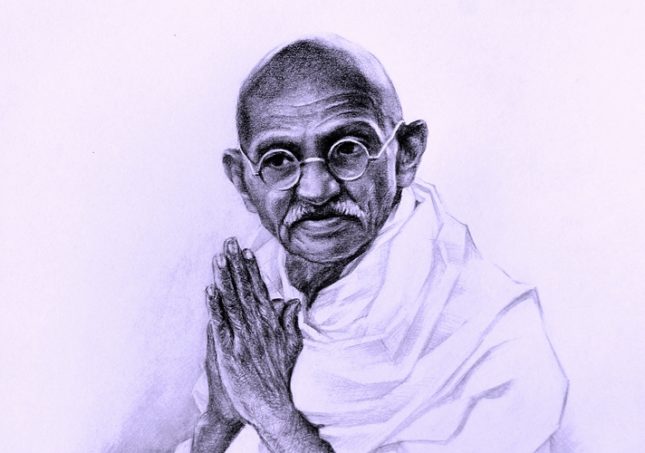
I finished writing a collection of short-stories, which has appeared as Kafka Sutra, almost after a year of turmoil and obsessive work, in February 2016. Three or four days after I secretly mailed the manuscript to my editors, I still remember how the news left me aghast when I sat down to eat my dinner with the idiot box before my eyes. Some Jawaharlal Nehru University (JNU) students had chanted slogans inside the campus, which they had swiftly denied. The police had arrested Kanhaiya Kumar and others for delivering what many believed was a seditious speech. In one of the stories that I had written, titled “The Trial of K,” I had painted the journey of one such communist, who was wrongly accused of an offense he had not committed and then swiftly drawn and quartered like a street dog. The contours of my story and the one being enacted before my eyes differed a bit, but the moral was the same: if you do this, you will get that.
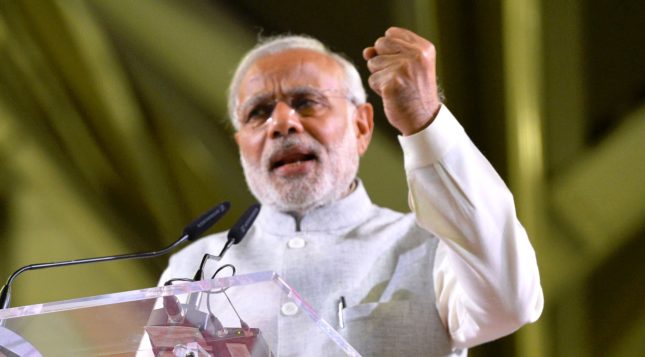
As I walked under a blanket of sorrow in my city, I said to myself that I had written a simple story about a certain K who was killed by the law, and here I was witnessing the trial of a man whose name bears not one but two Ks. To see a drama being televised, a drama that I had just traced onto some blank pages a few months before, was such a nightmarish experience that for the next several days I completely shut down.
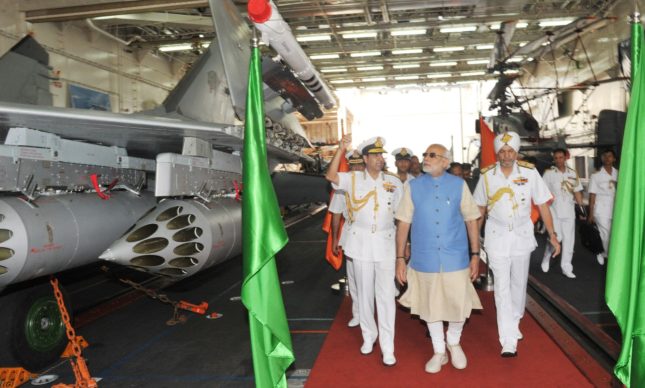
Kanhaiya Kumar is out of jail now, and he and the others who were with him inside the jail have become big stars. What has crucially happened in this intervening year is that the slogans first raised in favor of azadi, i.e. freedom from military oppression or occupation, from within India had brought us an opportunity to reexamine some vital issues we had overlooked. India has completed seven long decades of independence, and its performance has not been particularly impressive. On one hand, we have witnessed a systematic dismantling of welfare-state structures and, on the other, we are seeing them replaced by globalist policies backed by the World Trade Organization and World Bank. Today, India takes great pride in dismantling the Public Distribution System and cutting the budgetary allowance for Higher Education. While the state sucks money from these sources, which paid political analysts consider to be wasteful, it diverts these funds to the war machinery, whose beneficiaries are national and international conglomerates located in Europe, the United States, Israel, etc. India and Pakistan may have begun as nation states of poets and philosophers, but today it would be fair to say that they are ruled by judges and executioners.
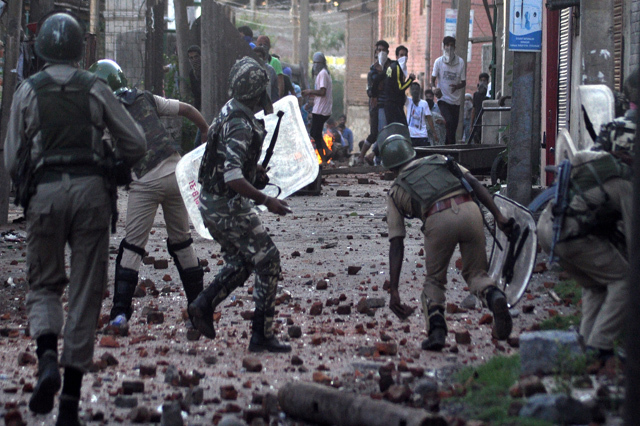
When such is the state of affairs, then for those of us who live on the political fringe, it is necessary to examine in our minds the genetic code of this nation state. How did India, in just seven decades, move away from Mahatma Gandhi and toward Narendra Modi, Mohan Bhagwat, and Asaduddin Owasi? A series of discourses by Romila Thapar, Prabhat Patnaik, and Suvir Kaul, among others, and titled What the Nation Really Needs To Know: The JNU Nationalism Lectures, was precisely the invitation to do this. If a nation is an imagined political community, as Edward Said and Benedict Anderson have taught us, then there are some questions we must ask. Is the task of imagining the nation a daily practice? Or, should no further acts of envisioning the nation be allowed once you have imagined it within a geographical boundary? To put it another way: once you have imagined a nation, once it has been settled by a group of people who claim that x and y land is ours, does this mean that the people who come after you have no business to know, understand, or enquire into how x and y became yours? Is nation building an inter-generational or intra-generational practice?
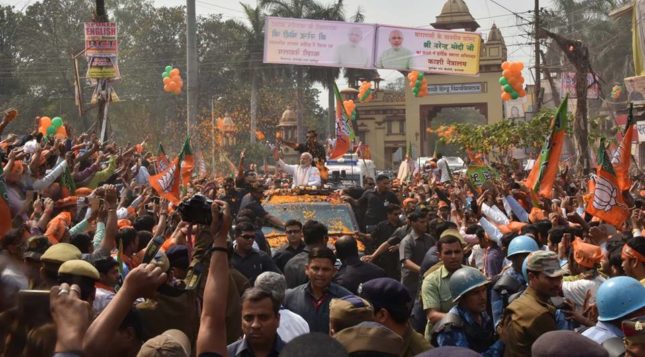
These are the questions that we squarely face today, and it is from these that the media want us to shy away. Even as I write, the news has poured in that G. N. Saibaba, a physically disabled Delhi University professor, along with some others have been sentenced to life imprisonment for supposed links to Maoists and support of the ideology of the banned Communist Party of India. Such instances of McCarthyism, while not being new to the Indian subcontinent, have acquired a peculiar frequency that disturbs, or should disturb, everyone who does not buy the BJP-RSS (Bharatiya Janata Party – Rashtriya Swayamsevak Sangh) brand of nationalism.
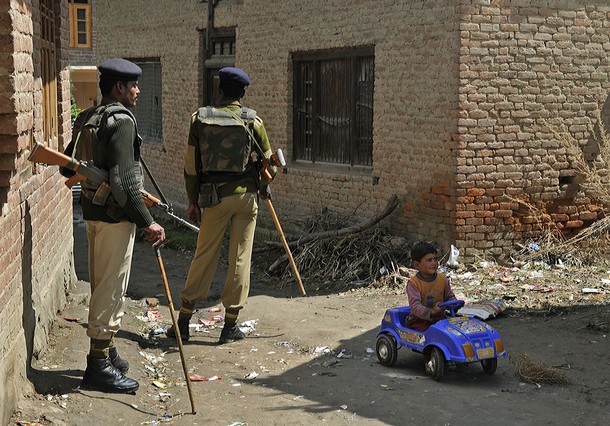
As the debate takes place, on one side we have the right-wing version of nationalism, which believes in the inherently improbable idea that India, that is, Bharat, is a monolithic state where Brahmanism is the only official and indigenous religion. All others then naturally become institutions that have been imported from foreign soil. This kind of skewed mercantilist version of nationalism places great reliance on a class system. It not only invents a certain geographic territory but lays claim to it on the basis of a religious order, which, to say the least, is downright exclusionary. If the BJP-RSS uses force to stifle dissent or discussion, then this should not surprise us. Force is an epistemological necessity with them. BJP-RSS has never been a party of intellectuals. On the contrary, it has a longstanding tradition of threatening, molesting, beating, and killing avant-garde artists, free thinkers, secularists, rationalists, and individuals who do not live by the narrow standards of the Sanghis (RSS people). If you’re stuck into the mainstream journalist Arnab Goswami’s edition of nationalism, then chances are, you won’t talk about certain things. For example, your blood will boil when you hear about a certain Hafiz Muhammad Saeed, who is shown walking with men carrying guns, but you will feel next to nothing when you see a soldier’s family cry on the TV because that jawan serving in Kashmir, Nagaland, or Bastar has committed suicide. You will demand that a rapist living in our city or village be hanged, while you will maintain a stiff civilized silence about the rape cases involving the armed forces, even when you are confronted with solid, admissible, legally reliable and well documented evidence, like that in the book, Do You Remember Kunan-Poshpora?
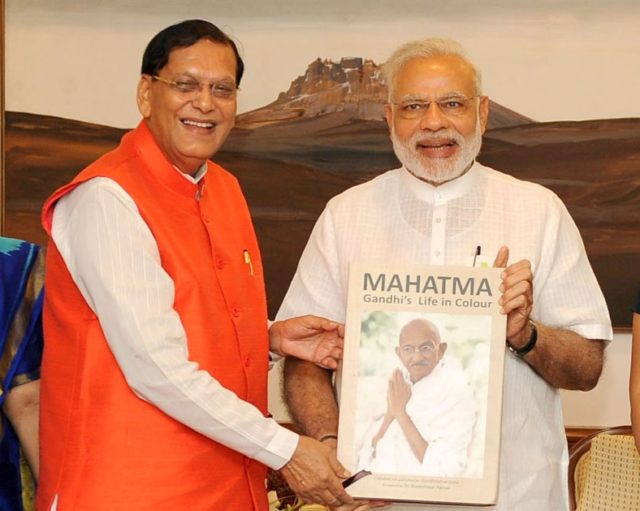
The lectures in What the Nation Really Needs to Know force us to take stock of what has happened to a country that began its journey with the ideals of Mahatma Gandhi and Jawaharlal Nehru. Fifty years down the line, long after we’re gone, and long after those who now command power return to dust, this book should stand out as the memoir of a debate that gave India a new lease on life. If patriotism means killing people in Kashmir, Bastar, Nagaland and other places, then the death knell of such criminalized nationalism has been rung.
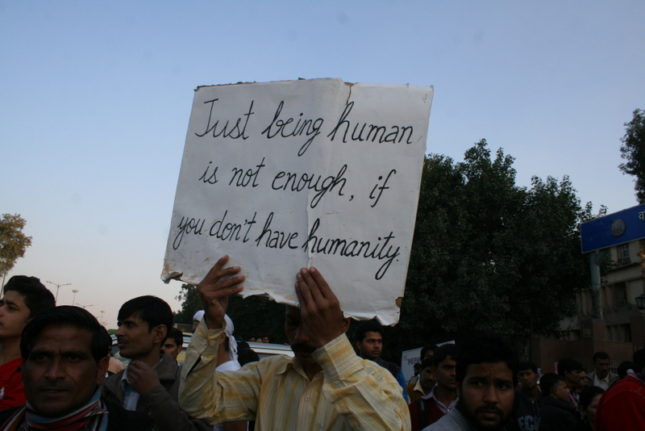
Editor’s Notes: Imtiaz Akhtar is the author of Kafka Sutra. Photograph one from the archive of Elvis Don; photographs two, three, five and seven from the archive of Narendra Modi; and photograph eight by Ramesh Lalwani.
Related Articles













You must be logged in to post a comment Login